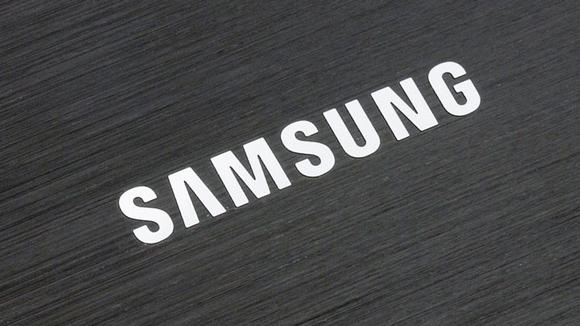Samsung Commits To IBM’s OpenPower Foundation

The OpenPower Foundation gains a big name backer as Samsung signs up to IBM’s data centre server venture
The OpenPower Foundation founded by IBM and four other tech vendors, has got a new member in the form of South Korean tech giant Samsung Electronics.
The purpose of the group is to expand the reach of Big Blue’s Power chip architecture in the data centre.
New Member
Samsung will join IBM, search giant Google, GPU-maker Nvidia, networking vendor Mellanox Technologies and server and motherboard maker Tyan as members of the group, which was launched in August 2013. IBM made the announcement regarding Samsung 12 February, but few details were released regarding the chip and device maker’s role in the organisation.
 Through the OpenPower Foundation, IBM is taking an ARM-like approach by licensing its Power processor architecture to other companies, which can utilise the architecture to create their own servers, networking systems and storage appliances. By working with member vendors, IBM is hoping to create a hardware and software ecosystem around the Power architecture and give organisations an alternative to the x86-based chips from Intel and Advanced Micro Devices in such areas as cloud computing and hyperscale data centre environments.
Through the OpenPower Foundation, IBM is taking an ARM-like approach by licensing its Power processor architecture to other companies, which can utilise the architecture to create their own servers, networking systems and storage appliances. By working with member vendors, IBM is hoping to create a hardware and software ecosystem around the Power architecture and give organisations an alternative to the x86-based chips from Intel and Advanced Micro Devices in such areas as cloud computing and hyperscale data centre environments.
Until now, Power processors were used primarily in IBM’s System p servers. However, IBM is looking to change that with the OpenPower Foundation, and Tyan reportedly is working on a family of systems that will use the Power chip architecture. Nvidia and IBM announced in November 2013 that IBM will begin using Nvidia’s GPU accelerators in its Power systems to give businesses good engines for such applications as big data, analytics and high-performance computing. IBM will combine its upcoming Power8 CPUs with Nvidia’s GPUs, including the company’s new Tesla K40 product.
Hardware Squeeze
The creation of the consortium comes at a time when IBM’s hardware businesses – from mainframes and Power-based systems to low-end x86 servers and storage appliances – are seeing significant revenue declines. In the fourth quarter 2013, overall revenues for IBM’s Systems and Technology Group declined 26 percent from the same period in 2012, with Power system sales falling 31 percent. Revenues in IBM’s Microelectronics OEM business declined 33 percent.
IBM officials have solved some of the problem, agreeing to sell its x86-based server business – which saw revenues fall 16 percent in the fourth quarter – to Lenovo for $2.3 billion (£1.4bn). Soon after that deal was announced, reports began surfacing that IBM was considering selling its chip manufacturing unit, though nothing was confirmed. How a sell of that business would affect the work of the OpenPower Foundation is unclear.
Samsung currently makes its Exynos systems-on-a-chip (SoCs) for smartphones and tablets based on the ARM architecture. It also reportedly is working on ARM-based server chips, one of a number of chip makers looking to challenge Intel’s dominance in the data centre by utilising the ARM architecture in chips for power-efficient ultra-dense systems.
The OpenPower effort also is part of a larger strategy to expand support for Linux on Power, according to IBM officials. The company in September 2013 announced it will spend $1 billion (£600m) to further improve the performance of the open-source operating system on its Power servers. That came two months after IBM unveiled the PowerLinux 7r4 server.
How is your IBM knowledge? Try our quiz!
Originally published on eWeek.